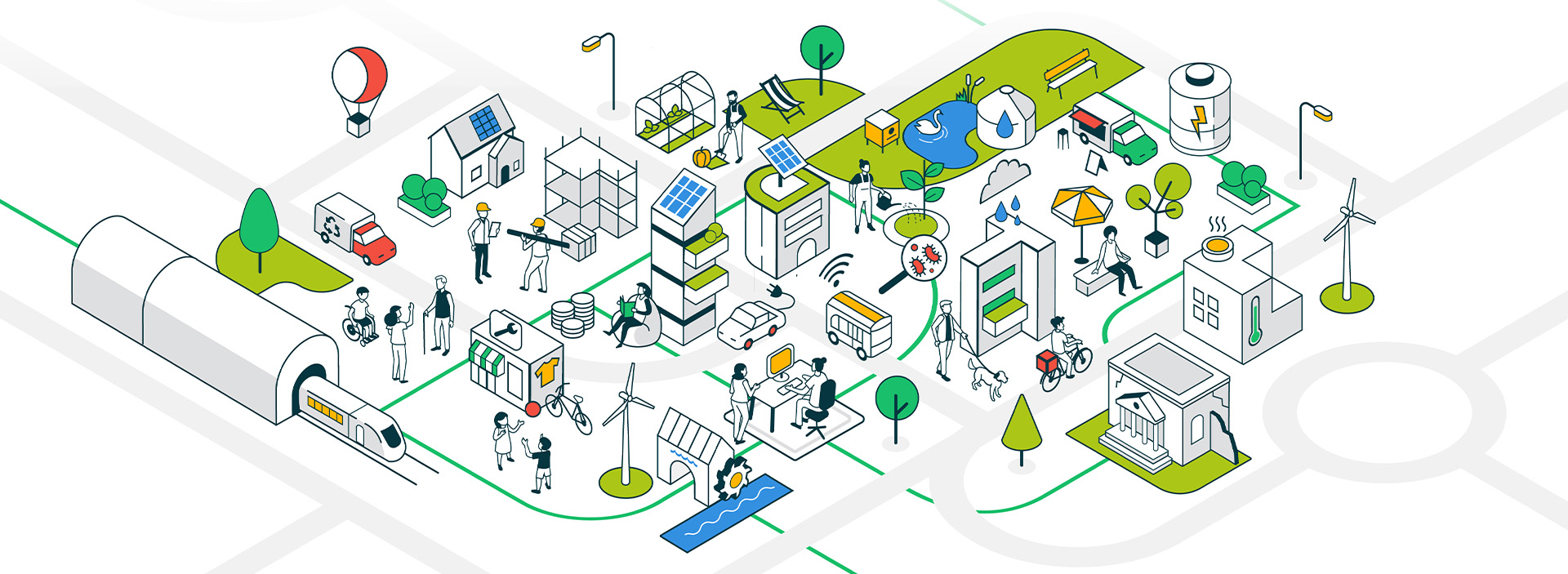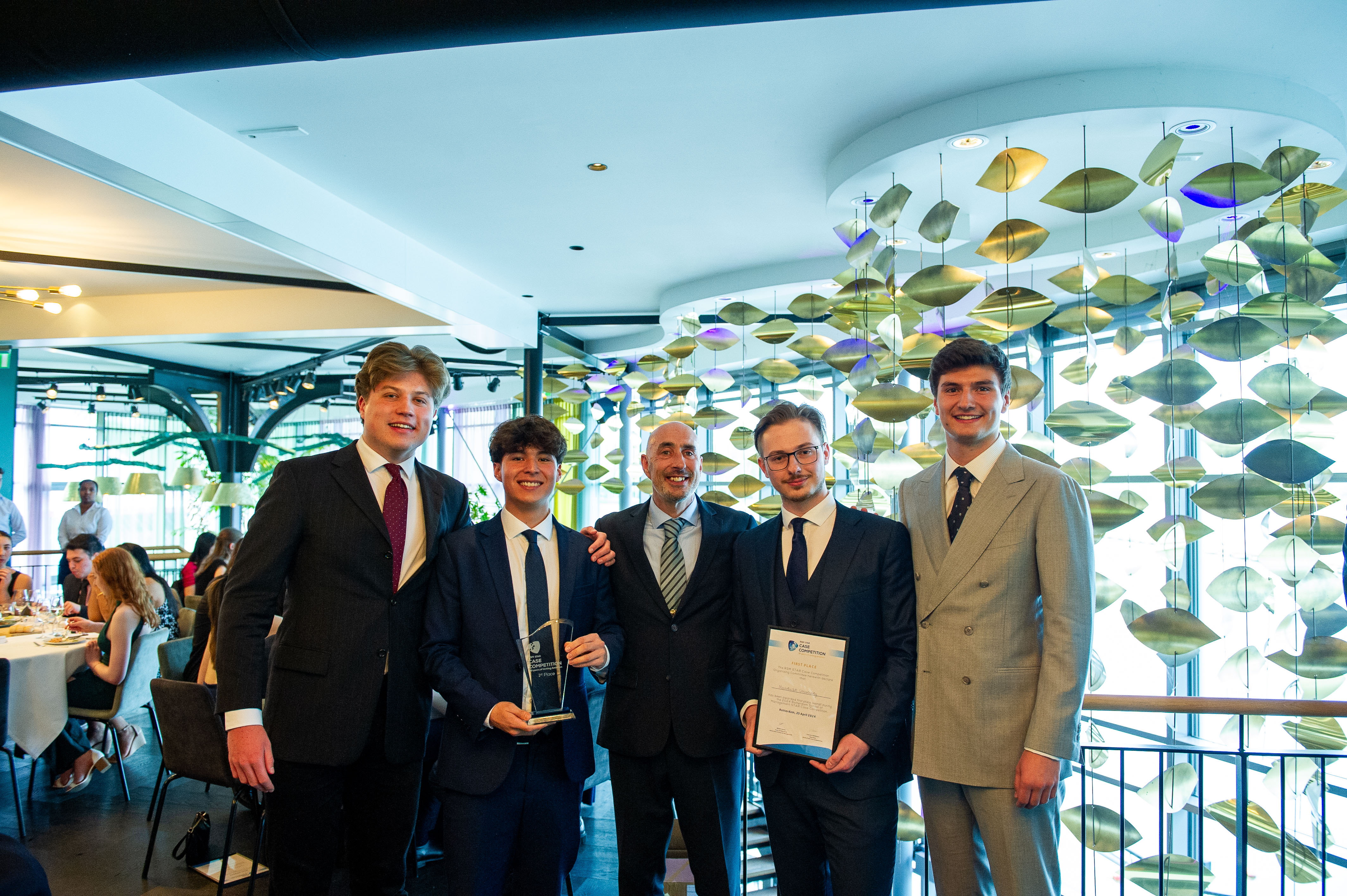Melissa Siegel: Creating impact, one YouTube video at a time
The current pandemic, the climate crisis and concerns over new technologies like Artificial Intelligence demand an open and clear dialogue between science and society. As we move forward to address these types of challenges, facts and scientific research need to feed community knowledge and play an important role in public decision-making. For this, effective research communication is key!
We recently spoke about this topic with Dr. Melissa Siegel, a Professor of Migration Studies at the Maastricht Graduate School of Governance and an enthusiastic research communicator.
Throughout her academic career, Professor Melissa Siegel has always been interested in translating her research findings into a language and format that non-experts could understand. She has done this, for instance, by writing opinion pieces, being interviewed by journalists, appearing as a guest on TV shows and podcasts and by working closely with policy makers. But this past year, Melissa decided to make research communication one of her main priorities, choosing YouTube as her primary tool. And so just over a year ago in February 2020, Melissa set up her own YouTube channel focused on migration. Since then, she has posted over 50 informative and accessible videos, ranging from short animations about remittances and migration corridors to country case studies spanning over several episodes.
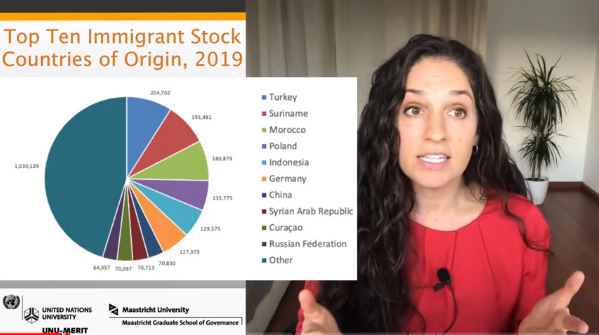
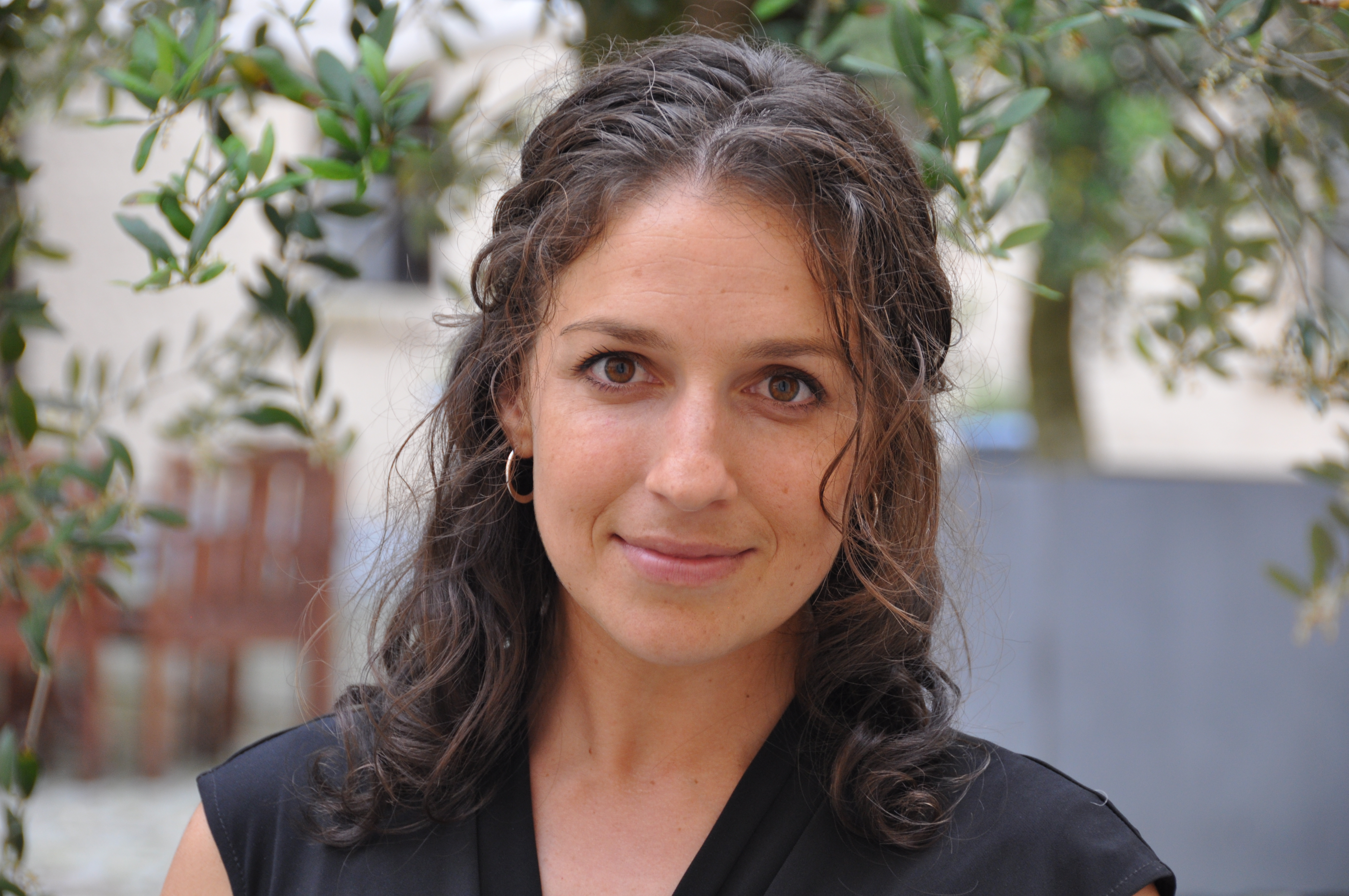
Melissa Siegel is Head of Migration Studies and Head of the Migration and Development research section at the Maastricht Graduate School of Governance and UNU-MERIT where she manages several migration research projects and educational programmes.
Time to prioritise activities that have a real impact
When asked why she believes communicating about her research is so important, Melissa explains ‘I’ve been in the field of migration now for over 15 years and it’s one of these topics that a lot of people think they know all about. It’s also a field in which there’s so much evidence-free policy made! A big part of that is because public opinion is pushing political discourse. As migration scholars, we always criticize the public for not knowing what’s going on but I think it’s partially our fault for not properly communicating what’s actually going on. As academics, we sit back and watch the debates, then maybe we write a professional article and we think we’ve done so much. But let’s be honest, no layman is going to go look at one of our professional blogs. It’s primarily other people in the field who read them. Within academia, we are always talking about the need to drive change; if this is important to us, we should prioritise activities that really create impact rather than only focusing on writing journal articles.’
Melissa adds: ‘Now that I am a full professor, my career has matured so I don’t feel like I have to do as much of the rat race of publication and I feel like I should be doing more of a public service. I’m really trying to make more of an impact. I think it is silly that we are looking at impact factors of journals. If we are serious about things, I think I can have way more of an impact with my YouTube channel than I ever had with any of my publications.’
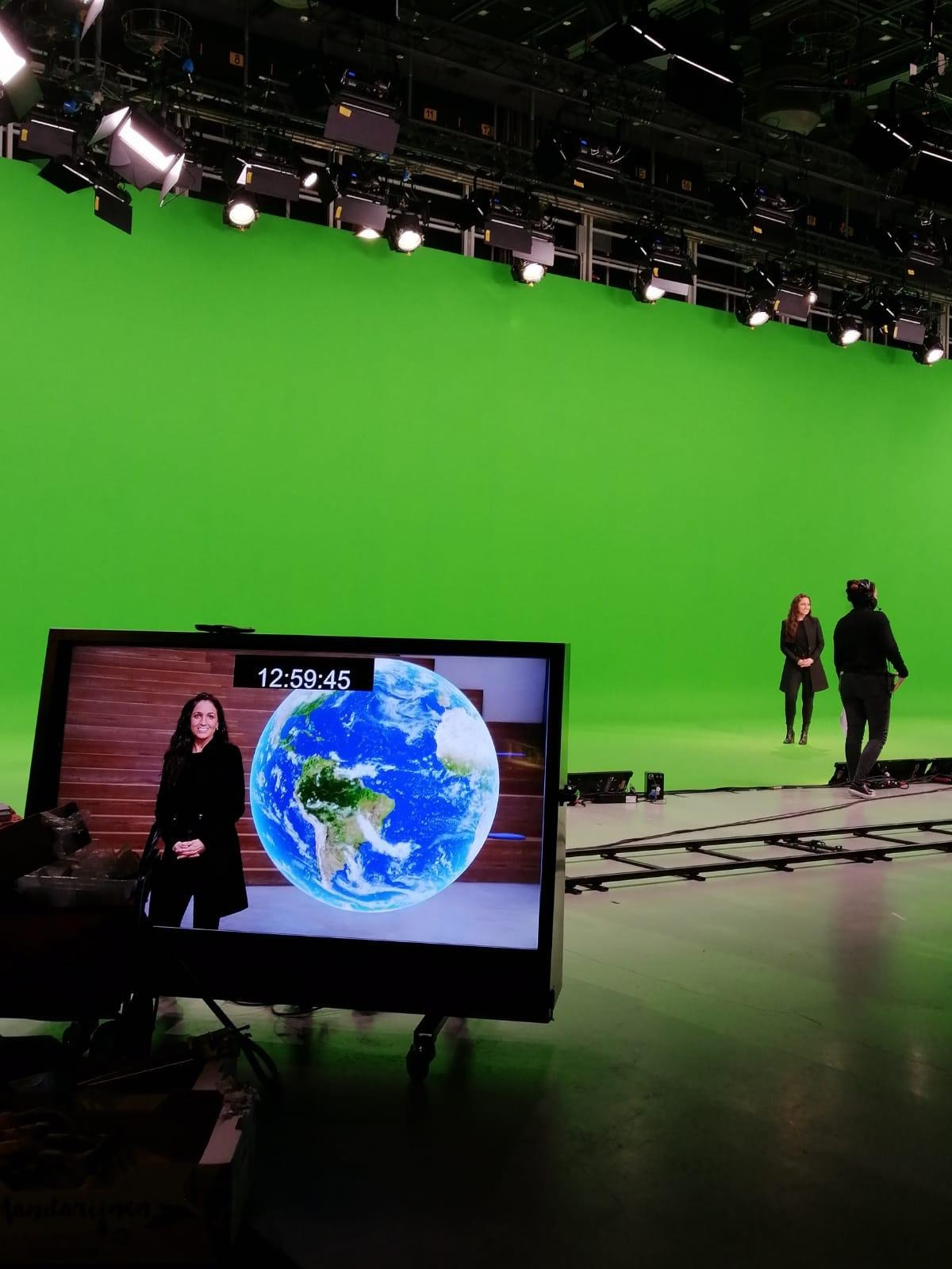
Dealing with trolls
Sharing one’s work with a broader audience, particularly via social media, can be intimidating for many people. When asked about the potential negative attention social media can attract, Melissa answers ‘There’s good and bad. Now that I’m becoming more known on YouTube, it drives more traffic to me, some wanted and some unwanted. And you also have to deal with all that.’
At the same time, Melissa points out ‘There are a lot of people out there on social media posting about topics they know nothing about while we are the academics with the expertise! The thing is, as academics, we tend to be perfectionists and perfection is the enemy of creativity or at least the enemy of good. Luckily, I am not a perfectionist. If I were a perfectionist, I would never have started my YouTube channel!’
Melissa adds ‘I think academics are concerned with being perfect because we work in a culture where we are used to being torn down constantly, but I actually think that this sets us up for success on social media. You need thick skin on social media and, as academics, we are rejected all the time, for journal articles, for grants, etc. In the world of economics at least, every time an economist gets up to give a presentation, it’s like a feeding frenzy! So I think we are already trained to handle it.’
What makes it all worthwhile
It’s not all bad of course. In fact, Melissa shares that her experience communicating about her research online has mostly been an extremely rewarding one. ‘I love it when I get a message from someone on LinkedIn or in my DMs thanking me for my video and letting me know that they are, for instance, using it in a high school class. These are people I don’t even know! I did a video last week on Singapore and some of those videos blew up (in relative terms for me). Some of the videos even got picked up in a bunch of Reddit threads!’
Melissa’s top tips for research communication:
- Play to your strengths: ‘I’m not trying to say "do what makes you comfortable", because I think we grow when we are uncomfortable; however, if you are a very shy person who doesn't like to be on camera, starting a YouTube channel maybe isn’t the best idea. Do something else. Maybe you can get active on Twitter or participate in a podcast.’
- Be ready to innovate: ‘In general in academia, we have these very rigid goals and very traditional ways of going about them. This actually links closely to the current discussion at Maastricht University on recognition and rewards, which promotes the idea of rewarding non-traditional activities. So now is the time to start innovating.’
Melissa also acknowledges that making research communication a priority requires some effort and planning. ‘This takes a lot of time so I actually have an intern right now. With him, I’ve really been able to ramp things up. I make a plan with him at the beginning of the week and send him the content I want to post. I think that if you really want to get serious about this and not make it your full-time job, you definitely need some help.'
Here is an example of the type of videos that you can find on Melissa's Youtube channel.
This particular video is part of a three-episode series focused on migration in the Netherlands. Check out more videos just like this on Melissa's channel!
Also read
-
Maastricht Sustainability Institute (MSI) of Maastricht University School of Business and Economics (SBE) has successfully applied for funding in the ‘Driving Urban Transitions’ program of NWO/ JPI Urban Europe. Three new transdisciplinary projects with international partners have recently started...
-
SBE took first place in the Rotterdam School of Management Star Case Competition (RSMCC). The competition welcomed 16 top-level international business teams of four students, who were tasked with tackling two real-life business cases.
-
Higher air pollution increases the likelihood of people voting for opposition parties rather than ruling parties. This is the major finding of research by Nico Pestel, a scientist at the Research Centre for Education & Labour Market (ROA) at the Maastricht School of Business and Economics.
